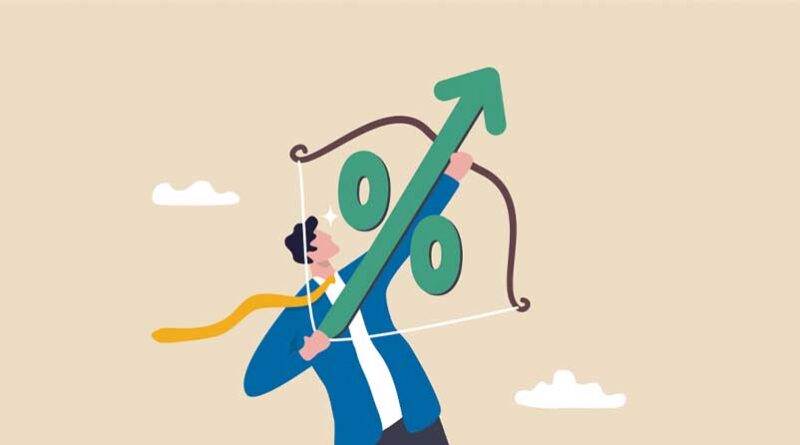The Inflation Dilemma
One year on and the impact of the continuous war in Ukraine is still as shocking today as it was on 24 February 2022. The devastation of a country and the ongoing atrocities of its people being inflicted by Vladimir Putin are today still as stomach wrenching as they were twelve months ago.
Add other geopolitical scenarios into the mix such as the crazy Trussonomics scenario in September to October 2022 in the UK, China’s zero-Covid policy (up until recently) are just the tip of the iceberg. The world today seems, to me, in absolute turmoil and makes it very difficult to see a clear path ahead, particularly the fact that the invasion of Ukraine is not going to end anytime soon.
The policymakers who are juggling to reduce inflation while walking a tightrope might just be doing so as the robe is unravelling. The ECB’s increase of 0.5% in its interest rate earlier in February to 3% would in the main look like fiscal rectitude, that being concerned with doing the right thing financially, but is it. While the hawks are pushing hard for further rate increases over the coming months to get to the holy grail of 2% inflation target, they have not taken time to consider if the existing rate increases have done enough to taper inflation that would maintain a downward trajectory. Another factor is the rectification of many supply chains are also adding to downward pressure on inflation. All indicators are that prices will start to reduce at the back end of 2023 or early 2024.
Whilst there is or was a need to increase interest rates to battle inflation my concern is whether central banks globally are overtightening in particular the ECB and the FED in their attempts to get to 2% target in such an aggressive manner, is causing economic damage. If truth were to be told neither the FED nor the ECB can control prices as this is a supply versus demand issue. No matter what central banks do, unless they drive up rates to ridiculous levels, the downward trend of inflation is going to take time, it is a lag effect, due to extremely robust economies and that is not going to change.
Germany the most aggressive of all EU countries when it comes to inflation has already seen a drop in their GDP indicating that the economy is already stagnating but yet they are persisting on imposing higher interest rates. The damage this may cause to its own economy and to all EU economies could be detrimental in particular to heavily indebted nations such as Italy and Spain. A protracted recession with depleted central bank arsenal leaves highly indebted countries open to the debt markets, that is government bonds start to become too expensive leaving governments to struggle to refinance their ongoing debt needs.

The holy grail of 2% inflation which is the “so called optimum” for a balanced economy is not really possible in the current uncertain and volatile world we live in, the current thinking by central banks of fast and furious interest rate hikes is to crush demand, reducing employment which in turn should reduce inflation, but the downside may cause a recession. The medium to short-term goals should be more balanced, a levelling off, lower increases or a halt to increasing interest rates is paramount, we need to see if these hikes have already taken hold as further increases particularly high raises could unintentionally push the globe into a much more protracted recession than is required. If this were to happen then this would leave central banks with very little ammunition to rectify the situation, such as reducing interest rates and reverting to quantitative easing to counteract such a problem.
I would question whether the 2% inflation rate is optimum, it’s a decades old policy and the world has moved on, would 3% or 4% really be that bad. As an old economic teacher of mine used to say “Are the actions of the Central Bankers Fiscal Rectitude or Rectal Fistitude?,” only time will tell.

